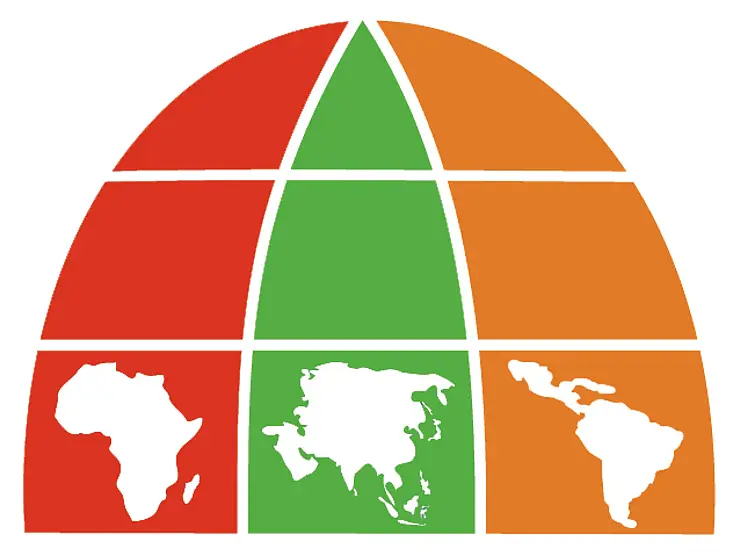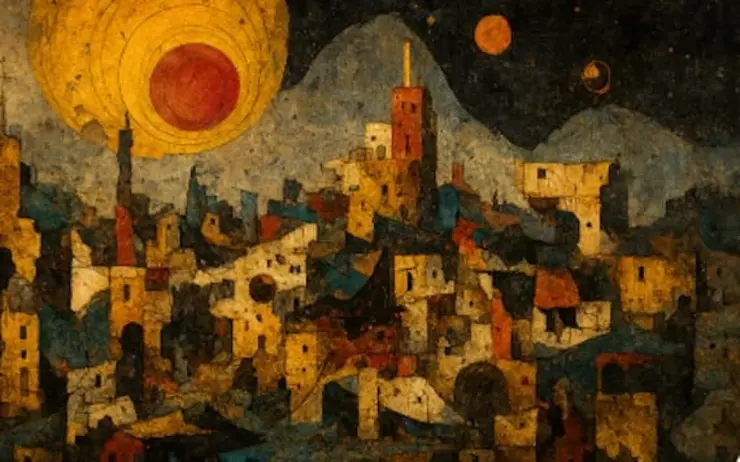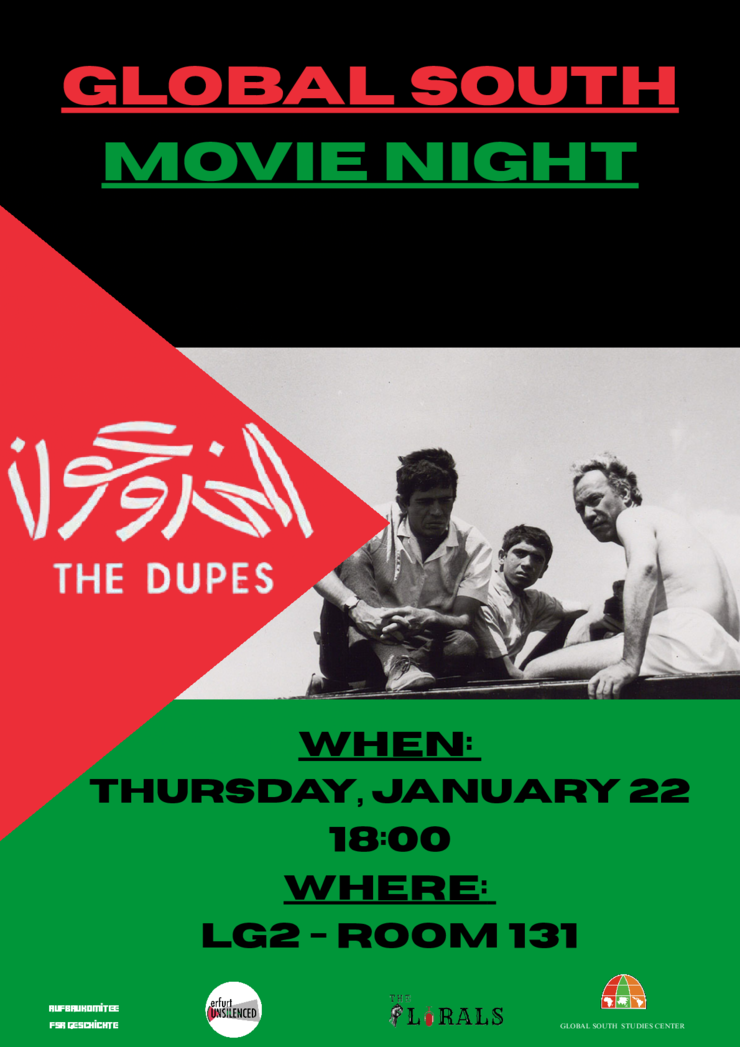
The Global South Studies Center Erfurt aims to bundle, facilitate and internationalize research on the Global South at the University of Erfurt. The disciplines involved are Cultural, Social and Religious Studies, History, Theology, as well as Political and Communication Science. The geographical focus is on West Asia, South Asia, Africa and Latin America. In addition to the Near and Middle East, it also includes the (Global) East, i.e. the post-Soviet and postsocialist world, where the Center is also situated. These perspectives make it unique in Gemany.

Global South Studies are a rather recent, vibrant and interdisciplinary research field. Global South is understood here in its relation to the Global North and Global East, as a relational concept. The term first appeared officially in world politics in 1980 with the report of Willy Brandt’s North-South Commission (1977-79), entitled North-South: A Programme for Survival, but "Global South" was used since the 1960s.
The concept of the Global East has recently been introduced into the discussion in order to include the post-Soviet and postsocialist spaces, the former “Second World”, liminally positioned between Global South and Global North. Global South, North and East are not to be understood as geographical descriptions, but rather as deterritorialized concepts used to describe and analyze transregional, transnational and translocal relationships, spaces and movements within the global economic and political order. Thus, there is “South” to be found in the “North” and "East" (and vice-versa). Through related experiences of subaltern positions of marginalization (and often alienation), the concepts Global South and East are also used to both express and analyze powerful social and political Imaginaries that have been able to transcend the contradictions and disjunctions of the societies and politics involved.

When: Thursday January 22nd, 18:00
Where: LG 2, Room 131
Running Time: 100 min
Global South Movie Night and Erfurt Unsilenced present:
The Dupes
After the ethnic cleansing of Palestine in 1948, hundreds of thousands of Palestinians were left as refugees, many of whom, now living in the neighboring Arab countries. It is the fate of these refugees that Tawfik Saleh's movie "The Dupes" is concerned with. It tells the story of Abu Kaiss, Assad and Marwan, three Palestinians living in Iraq, who see their only chance at a better future in becoming migrant workers on the oilfields of Kuwait. By following their experiences, the movie explores themes such as the living conditions of refugees, the effects of the
1948 ethnic cleansing on Palestinian family structure, the betrayal of Palestine by the Arab regimes, as well as being a thoughtful reflection on the meaning of exile.
This 1972 Syrian production is one of the first Arab films to deal with the question of Palestinian refugees. It is furthermore based on the novel "Men in the Sun" by renowned Palestinian activist and writer Ghassan Kanafani. Kanafani's works became a cornerstone of modern Palestinian literature, which is why this movie additionally serves as an important insight into Palestinian cultural production.
Past Events: see here.